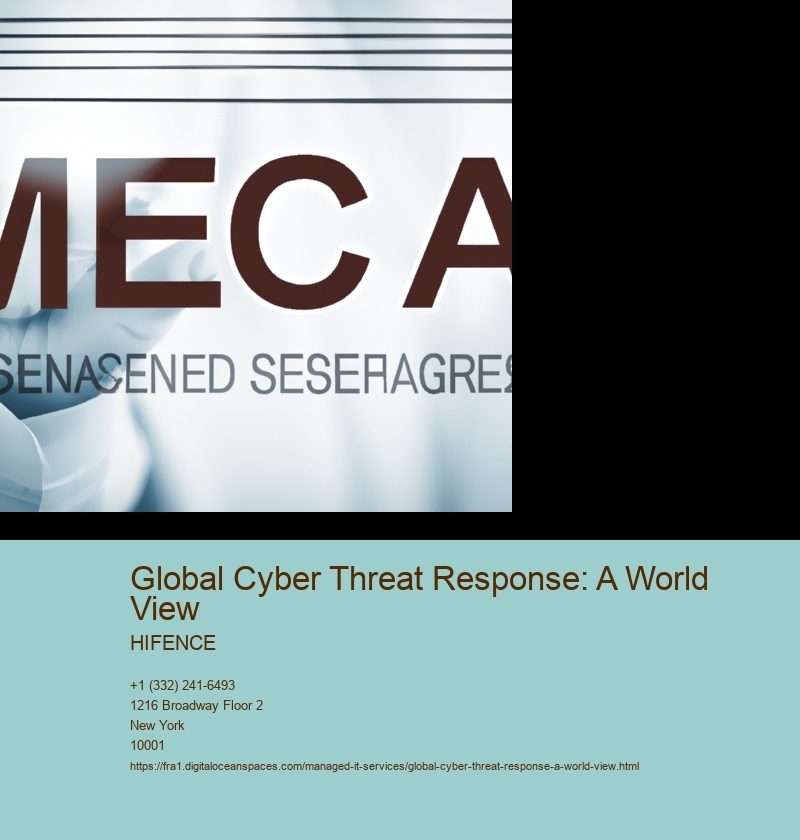Global Cyber Threat Response: A World View
managed it security services provider
Global Cyber Threat Response: A World View
The internet, a sprawling digital landscape connecting billions, has become as essential as the air we breathe. Global Cyber Threat Response: A World View . But with this interconnectedness comes a dark side: the ever-present threat of cyberattacks. And dealing with these attacks? Well, that requires a "global cyber threat response," which is essentially a worldwide effort to protect our digital lives. Its more than just tech; its about people, policies, and international cooperation.
Think of it like this: if theres a fire in one house, it can quickly spread to the entire neighborhood (or in this case, the entire world!). A single poorly secured server in one country can be the entry point for a massive attack targeting infrastructure in another. managed it security services provider Thats why a siloed, nationalistic approach simply wont cut it. We need a global perspective, a "world view," to effectively defend against these threats.

What does this "world view" actually look like? It involves several key components. First, information sharing is paramount.
Global Cyber Threat Response: A World View - managed services new york city
Second, we need harmonized legal frameworks. Cybercrime is often transnational, meaning the perpetrators might be in one country, the victims in another, and the servers used to launch the attack in yet another. Differing laws and regulations across countries can create loopholes that criminals exploit. Harmonizing these laws, at least to some degree, makes it easier to investigate and prosecute cybercriminals.

Third, capacity building is crucial. Not all countries have the same level of expertise and resources to defend against cyberattacks. Developed nations have a responsibility to help developing nations build their cybersecurity capabilities through training, technology transfer, and financial assistance. (Its about lifting everyone up, not just protecting ourselves!).
Finally, and perhaps most importantly, we need a culture of cybersecurity awareness. This means educating individuals, businesses, and governments about the risks of cyberattacks and how to protect themselves. Its about promoting responsible online behavior and fostering a sense of shared responsibility for cybersecurity.
The challenges are significant, of course. Political tensions, differing priorities, and concerns about national sovereignty can all hinder international cooperation. managed service new york But the alternative – a fragmented, insecure cyberspace – is simply unacceptable. We must work together, across borders and cultures, to build a more resilient and secure digital world for everyone! Its our shared responsibility, and its time we embraced it!
